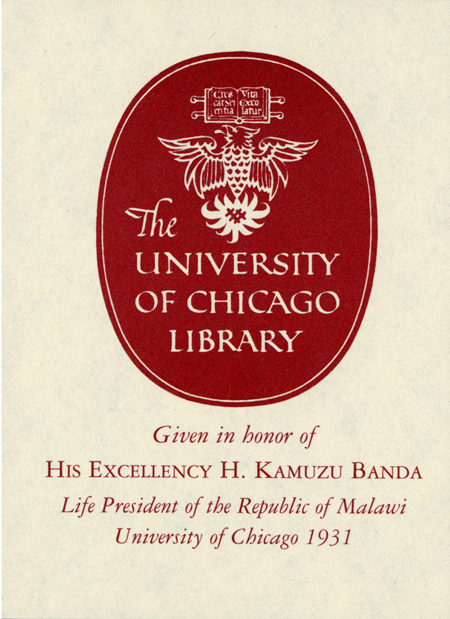| Summary: | "This is a timely empirical study and review of the Gacaca Courts which were established in 2001 in Rwanda as an attempt to prosecute suspects involved in the 1994 genocide. Based on the author's original field work which began in 2003 in Rwanda and which has been updated to the end of 2009, it includes responses from within the Rwandan population. Dr. Clark argues that, despite widespread international scepticism, the Gacaca process has achieved remarkable results in terms of justice and reconciliation, although this has often come at a price, especially the re-traumatisation of many Rwandans who have participated firsthand in hearings. This book will appeal to a wide global readership crossing human rights, transitional justice and African studies for its combination of original empirical data with a socio-legal analysis"--
"Since 2001, the Gacaca community courts have been the centrepiece of Rwanda's justice and reconciliation programme. Nearly every adult Rwandan has participated in the trials, principally by providing eyewitness testimony concerning genocide crimes. Lawyers are banned from any official involvement, an issue that has generated sustained criticism from human rights organisations and international scepticism regarding Gacaca's efficacy. Drawing on more than six years of fieldwork in Rwanda and nearly 500 interviews with participants in trials, this in-depth ethnographic investigation of a complex transitional justice institution explores the ways in which Rwandans interpret Gacaca. Its conclusions provide indispensable insight into post-genocide justice and reconciliation, as well as the population's views on the future of Rwanda itself"--
|
|---|

